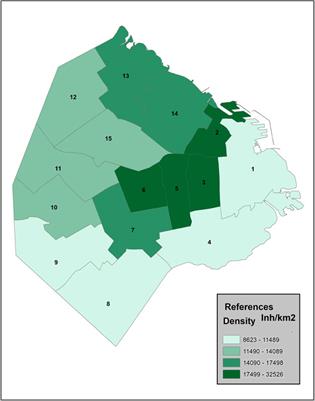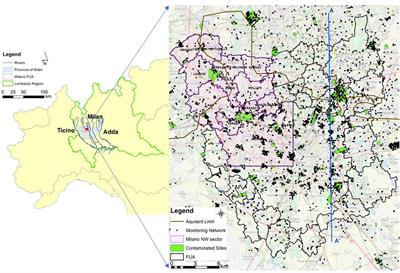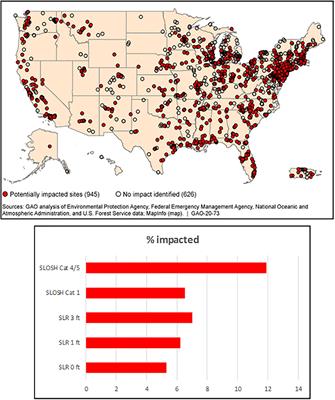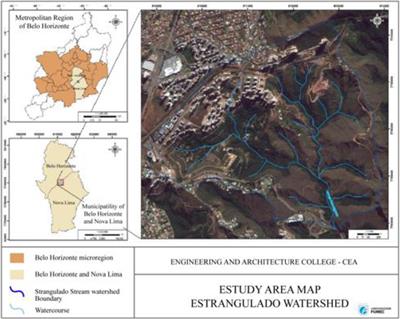REVIEW
Published on 12 Feb 2021
Climate and Health in Buenos Aires: A Review on Climate Impact on Human Health Studies Between 1995 and 2015

doi 10.3389/fenvs.2020.528408
- 4,633 views
- 6 citations
3,265
Total downloads
23k
Total views and downloads
Select the journal/section where you want your idea to be submitted:
REVIEW
Published on 12 Feb 2021

ORIGINAL RESEARCH
Published on 16 Oct 2020

REVIEW
Published on 16 Jun 2020

ORIGINAL RESEARCH
Published on 02 Jun 2020

